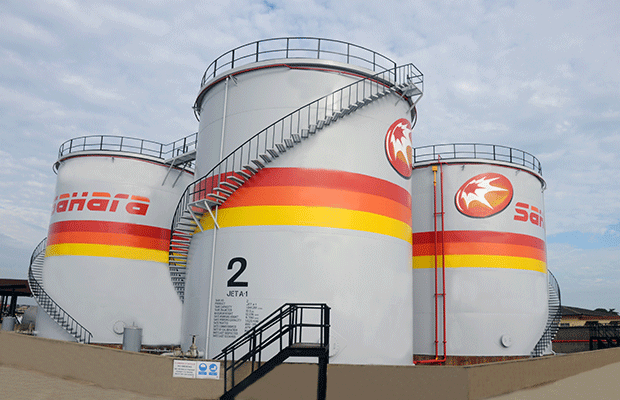Sahara Group’s ambitious expansion plan to raise its crude oil production to 350,000 barrels daily within the next five years affirms its role as a major participant in Africa’s energy scene.
Leading the initiative is Asharami Energy, the upstream arm of the firm, with a daring purchase of seven contemporary oil rigs meant to increase exploration, drilling, and productivity throughout its activities.
During a recent investor meeting at the Africa Energy Week in Cape Town, Asharami Energy’s Chief Technical Officer, Leste Aihevba, said that the project represents Sahara’s sustained dedication to building capacity, promoting regional energy independence, and spurring sustainable growth. He says that to guarantee shared wealth and sustainable development, Africa’s energy future depends on cooperation between countries and industries.
Aihevba said Sahara Group’s infrastructure development plan is changing how the company does business across the energy value chain—from exploration and production to power and infrastructure. He pointed out that the recently obtained rigs would be essential in speeding up oil and gas output schedules, increasing local content involvement, and guaranteeing that Africa uses its natural resources judiciously to fuel economic expansion.
The News Chronicle gathered that the seven new oil rigs Sahara Group is opening represent a great advance in the upstream strategy of the business. Two of the rigs have already landed in Nigeria; two more are slated to arrive by the end of the year. Within five years, Sahara wants to produce up to 350,000 barrels of oil and one billion standard cubic feet of gas every day; these assets will help to reach that target. A subsidiary of Sahara, Arahas Global Oilfield Services will be running the rigs: one cutting-edge 2000 HP land rig, known as L-Buba, to start drilling activities on a gas development site.
Beyond tangible assets, Sahara’s investments also cover human capital development, regional cooperation, and technology transfer to support development and expedite Africa’s energy transition, Aihevba said.
Meanwhile, the Nigerian oil industry still seems to be getting better. Averaging 1.43 million barrels per day, crude output climbed 5.5% year-on-year in August 2025, according to the Nigerian Upstream Petroleum Regulatory Commission (NUPRC). Sahara Group also said recently that its Afam 2 power plant in Rivers State had started sending 160 megawatts of energy into the national grid, therefore further evidence of its increasing impact on energy transition in Nigeria.



